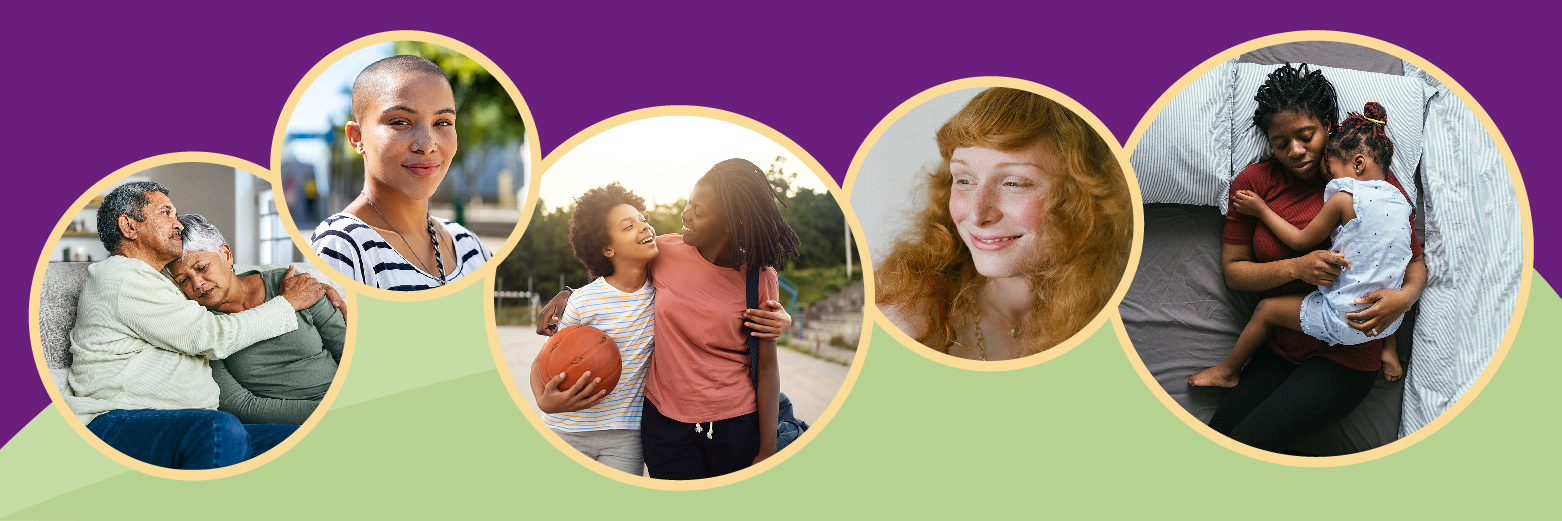Opioid Response Community Grant Program

The Opioid Response Community Grant program invests in community-led organizations whose work addresses the opioid epidemic. Alongside other factors, grantees are awarded based on how much each organization's work aligns with the Opioid Response Initiative priority areas and commitments. Grant funding comes from the opioid settlement as a part of the Opioid Response Initiative.
Priority areas and commitments
Opioid response priority areas
- Pregnant people, parents and babies.
- Culturally-specific approaches for treatment and recovery.
- Health education, awareness and outreach focused on prevention.
- Treatment and support for people involved in the justice system.
- Education and engagement with young people.
Commitments
- We aim to connect with and gain the trust of our most affected communities, especially Black and American Indian residents. We use proven methods to show our commitment and work together to share responsibility.
- We consider relevant data when making decisions to ensure that our work benefits communities, saves lives and makes people healthier.
- We want to teach, involve and inform everyone in the county about the opioid crisis we are facing in this community. Increased awareness will make it easier to find help and influence the choices that younger generations make about drugs.
2024 Grant Awardees
In June 2024, seventeen community organizations were awarded between $40,000 and $55,000 for nine months from the county’s settlement funds. Grant awardees began work during that year and concluded work in February 2025. They are listed below by the priority area their work addressed.
Pregnant people, parents and babies.
Funds were used to provide resources and services for pregnant and/or parenting people and babies that are impacted by opioid use and to prevent opioid related overdoses and fatalities. Two organizations were awarded grants in this priority area:
- First Step Recovery
- The Katallasso Group
Culturally-specific approaches for treatment and recovery.
Funds were used to provide alternative or culturally-specific approaches and supports for people in treatment and recovery. Four organizations were awarded grants in this priority area:
- Minnesota Community Care
- Restorative Reiki Health
- Stronger Sober House
- Urban Village
Health education, awareness and outreach focused on prevention.
Funds were used to connect people to services through health education, awareness and outreach that focuses on preventing opioid related overdoses and death. Four organizations were awarded grants in this priority area:
- Amherst Wilder Foundation
- African American Survivor Services
- St. Philip's Ventures
- Vietnamese Community of Minnesota
Treatment and support for people involved in the justice system.
Funds were used to provide supportive services for people involved in the justice system with the goal of reducing the likelihood of opioid overdoses and fatalities. Three organizations were awarded grants in this priority area:
Education and engagement with young people.
Funds were used for community health education, engagement, and outreach to youth and young adults about the dangers of opioid, fentanyl, and xylazine and substance use. Four organizations were awarded grants in this priority area:
Stay up-to-date
Find the latest information about the opioid settlement and use of resources in Ramsey County by subscribing to our email newsletter.
Contact Us
Rae Eden Frank
Center for Public Health Protection & Practice Deputy Director
Email us